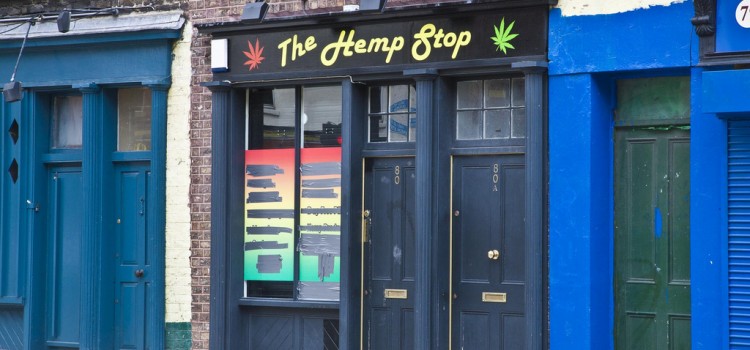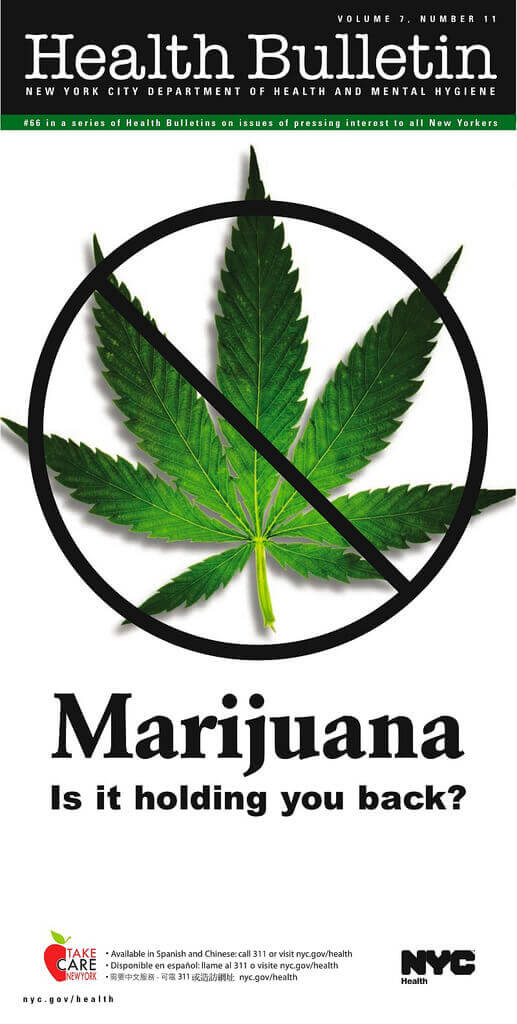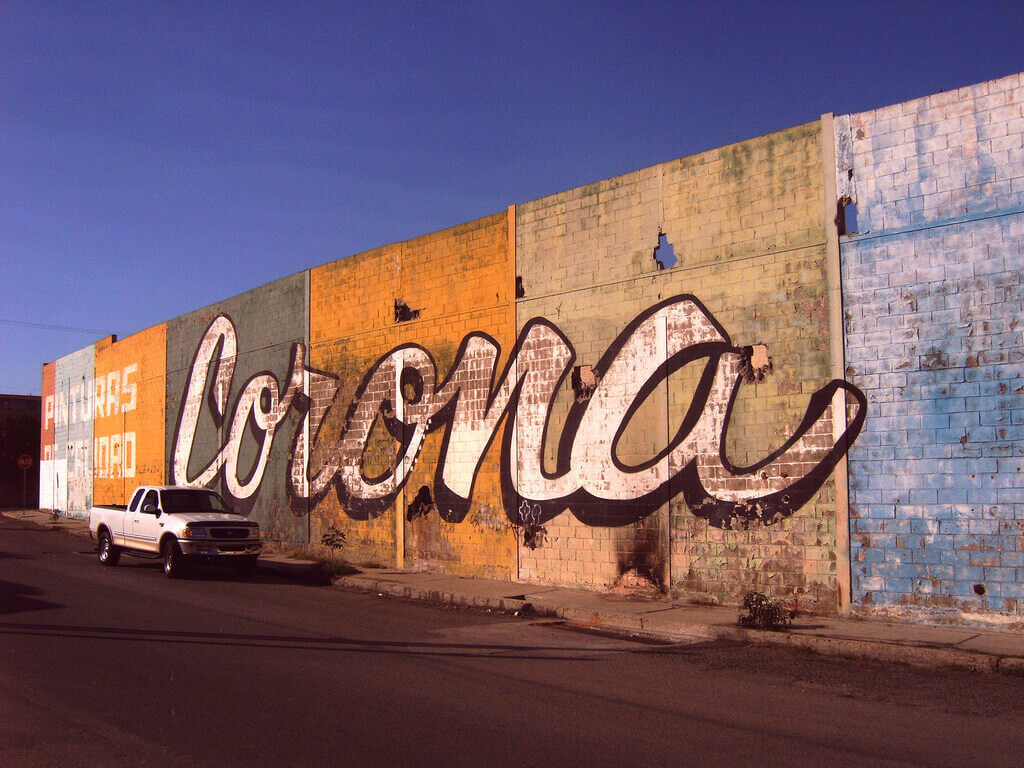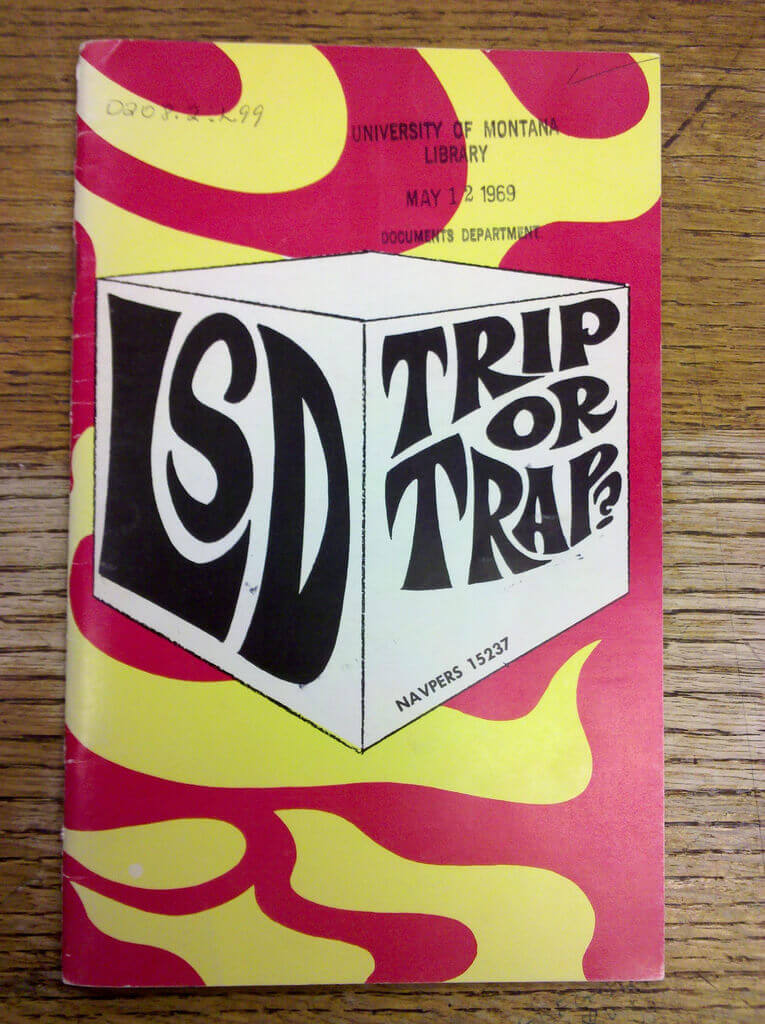 A Psychoactive substance is any chemical substance that temporarily alters a person’s mood, perception, consciousness, or behavior. An example of these are alcohol, prescription drugs, cocaine, heroin, or amphetamines. These substances primarily act upon the central nervous system.
A Psychoactive substance is any chemical substance that temporarily alters a person’s mood, perception, consciousness, or behavior. An example of these are alcohol, prescription drugs, cocaine, heroin, or amphetamines. These substances primarily act upon the central nervous system.
Because these changes in consciousness or mood can be viewed by the user as enjoyable or pleasant, these psychoactive substances have the tendency to be abused (used excessively) despite dangerous health risks or other negative effects.
With sustained used of these substances, physical dependency on these substances develop, making the cycle of abuse even that much harder to interrupt or reverse. Drug rehab can involve a combination of psychotherapy, support groups or other psychoactive drugs to break the cycle.
Many of these programs find that success can be found more readily when it’s combined with a drug rehabilitation or extended stay facility as it gives the person a chance to focus more closely on beating the habit. Various types of programs offer help in drug rehabilitation, including: residential treatment (in-patient), out-patient, local support groups, extended care centers, and recovery or sober houses. Newer drug rehab centers offer age and gender specific programs.
Traditional addiction treatment is based primarily on counseling. However, recent discoveries have shown those suffering from addiction often have chemical imbalances that make the recovery process more difficult. Often, these imbalances may be corrected through improved diet, nutritional supplements and leading a healthy lifestyle. Some of the more innovative centers are now offering a “Biochemical Restoration” process to supplement the counselings portion of treatment.




